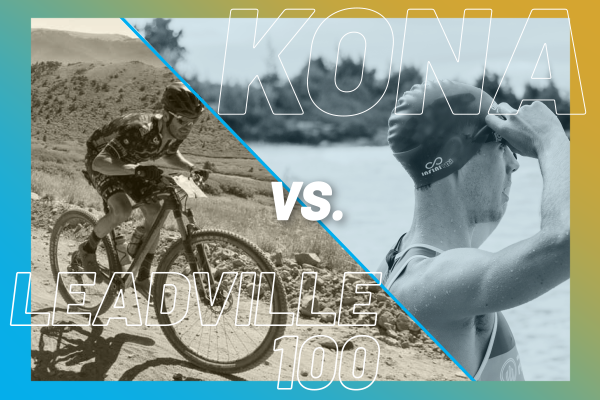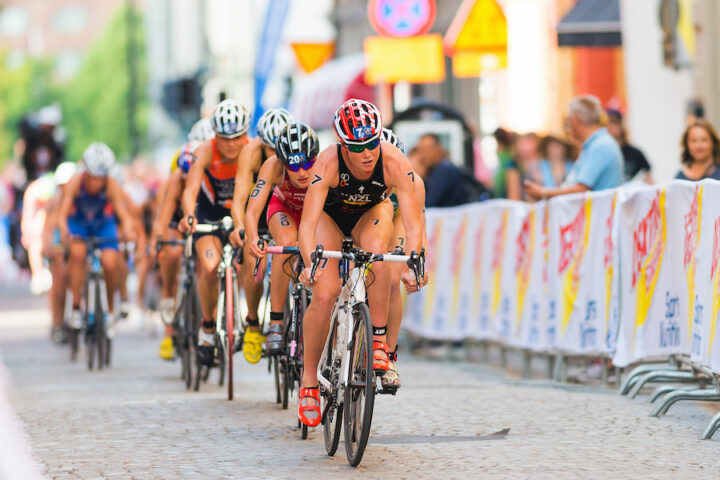
Subtopic Filter
All

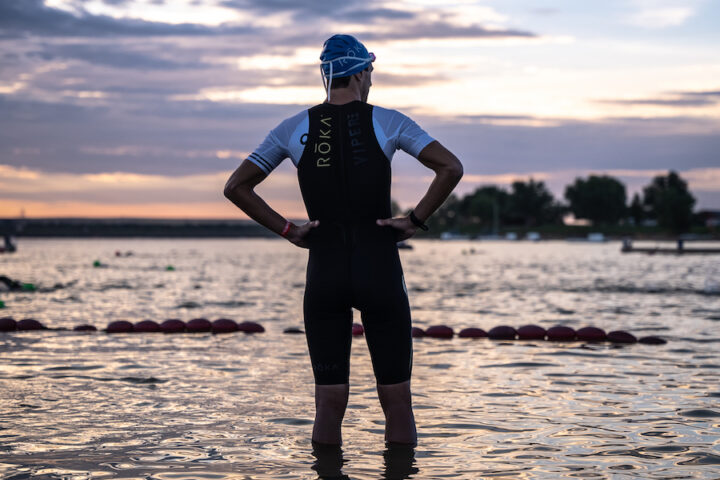
Understanding Motivation and How It Affects Performance
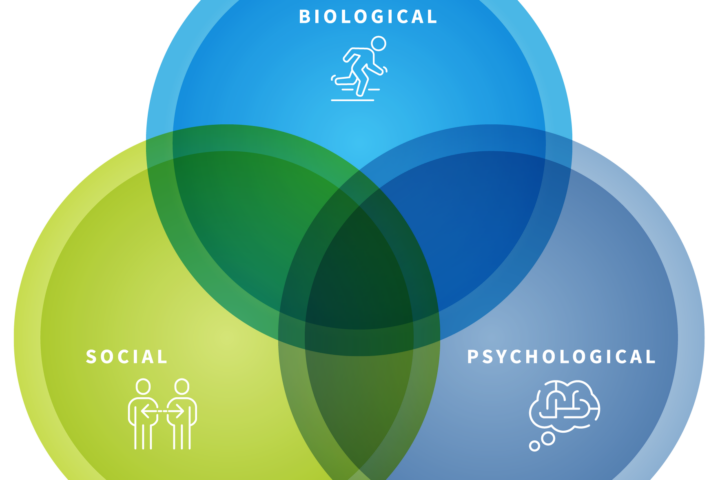
How the Biopsychosocial Approach Can Benefit Your Athletes
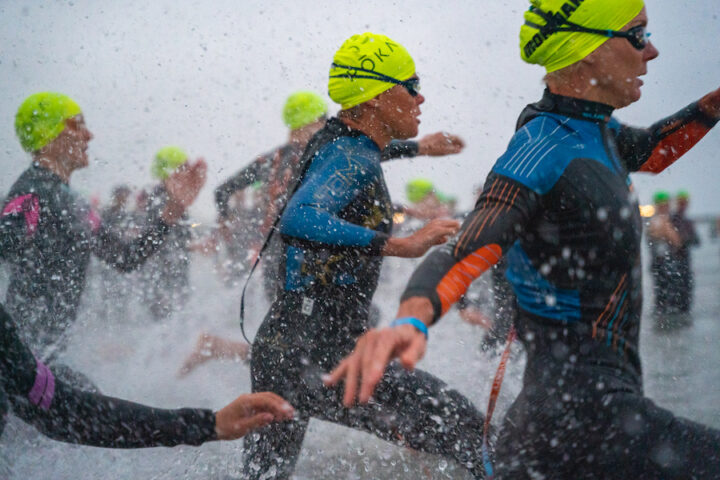
What Is a Biopsychosocial Approach to Coaching?

How Sport Psychology Can Unlock Athletic Potential
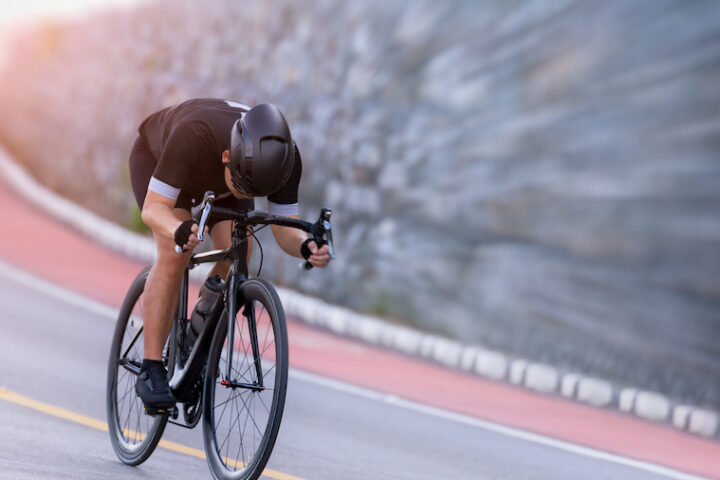
When Good Intervals Go Bad, the Best Way to Train VO2max, and More—with Jon Tarkington
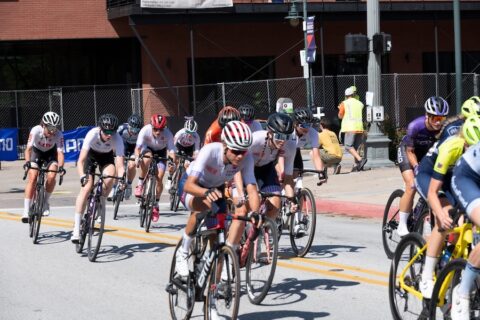
Potluck Discussion: Is It the End of the Road for the North American Racing Scene?
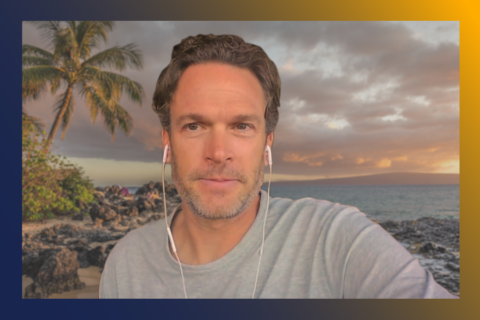
Was That the Greatest Ironman World Championship Ever? – with Coach Ryan Bolton
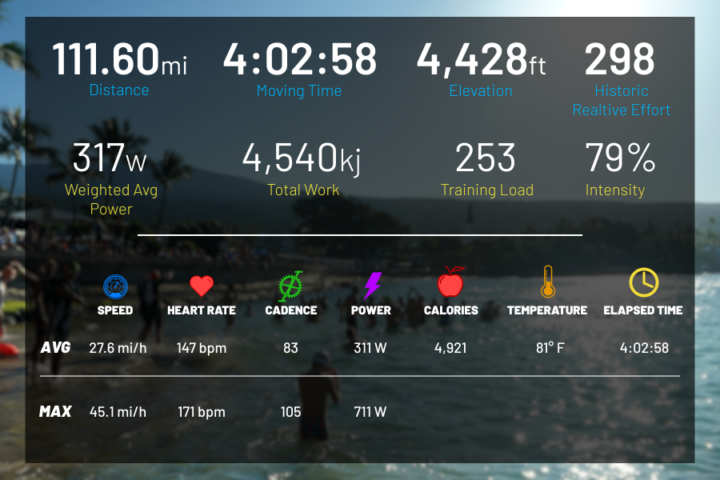
What Does It Take to Break the Bike Course Record at Kona?
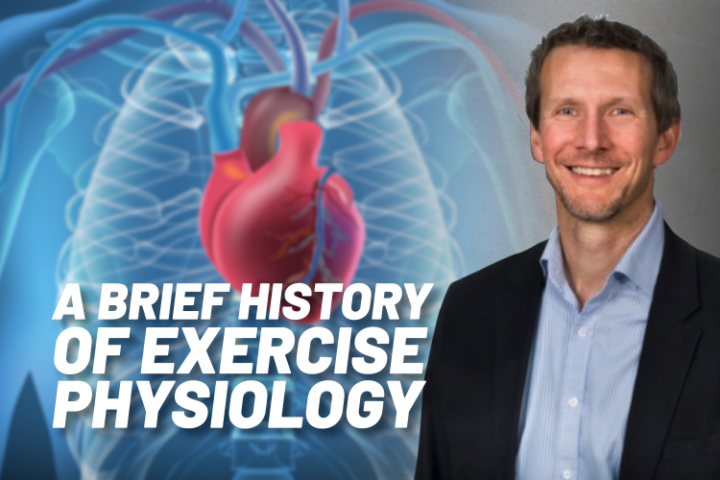
Episode Two of The Stephen Seiler Podcast: A Brief History of Exercise Physiology
